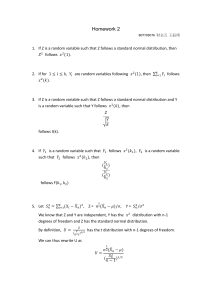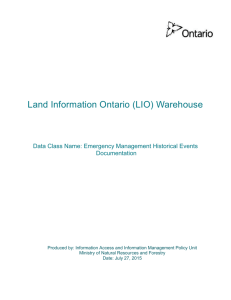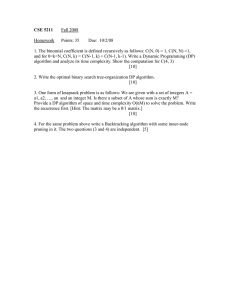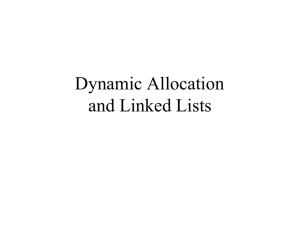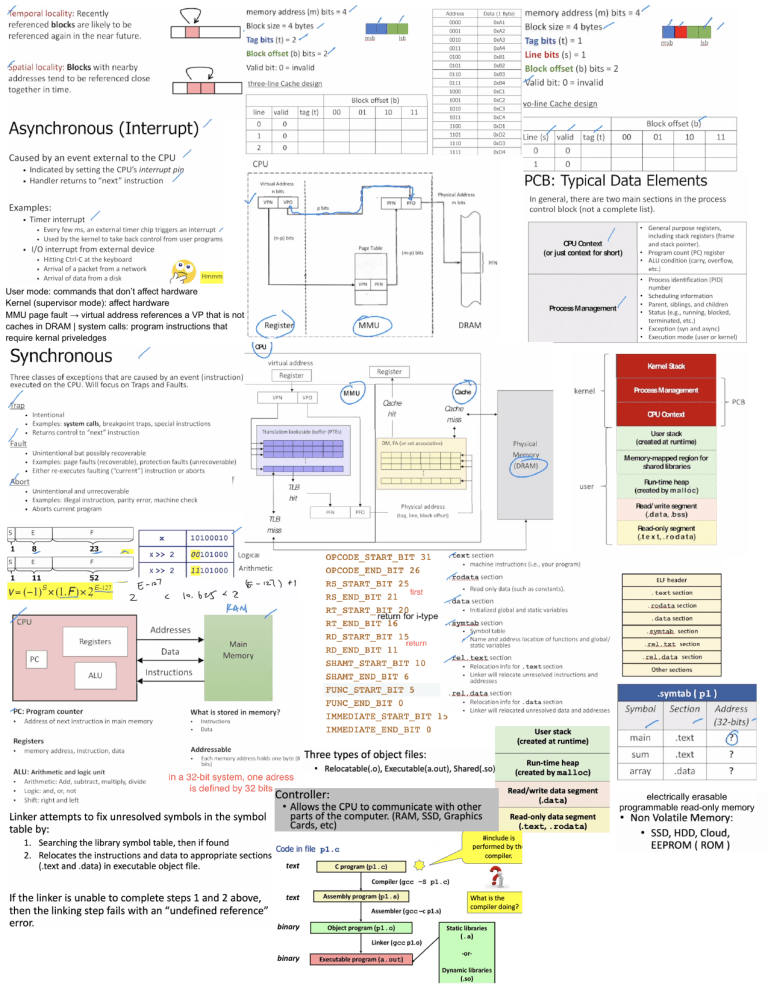
User mode: commands that don’t affect hardware
Kernel (supervisor mode): affect hardware
MMU page fault → virtual address references a VP that is not
caches in DRAM | system calls: program instructions that
require kernal priveledges
stdin, stdout: scanf(“%d”, &d) stored
info in var d; in scanf %d assumes
base 10 pos/neg w/ decimal, %i
autodetects base to be hexidecimal,
octal, or base 10; Int main(int argc,
char** argv){}; %p to printf pointer type; must use -> operator to access
struct fields when struct is a pointer variable; p->d = data stores int to d var within the p pointer struct
# malloc = # frees; # malloc > # free → memory leak; # malloc < # free, unpredictable behavior; check if
pointer is null, then set to null after free(pointer). Calloc == zero initialized; ASCII 7 bits, log2(#) =
necessary # bits
int* a = (int*)malloc(sizeof(int)); 2s complement range -(2^n-1) to (2^n-1)-1; signed is just - to pos (2^n-1)
Converting to base two, recursively divide quotient by 2 and the remainder is the bit, flip at the end; MSB is 1st
Vars: must start w/ a letter/underscore; names are letters, digits, underscores; max length of 31 char; no reserved words; case-sensitive
If a global has the same name as a local, the program favors the local. Extern keyword allows one to reference a global variable locally so that the global var value will
be passed; static → global scope
2s comp range -(2^n-1) to (2^n-1)-1, RAM: random access memory, computer’s short term, mantissa=significand, 127-> 01111111, relocation (linking) makes sure everything has a
memory address, total size of .text=#instruct*4, static library = archive ~libc.a, ar program, sram (static) faster than dram (dynamic, main memory), bus has #of copper wired = WORD
size = bit system (ie 32), only 1 component can write but all can read at a time, control unit is in CPU, registers and main memory are the most volatile, you lose them when you restart,
1k=1024
Overflow if 2’s comp: added 2 pos and got neg (or vice versa), unsigned: value is greater or less than max, Converting fraction: multiply by 2, then whatever is to the left of the decimal is
the next bit (make sure you fill all the bits, default to 4bits.4bits), loader just loads into main memory
